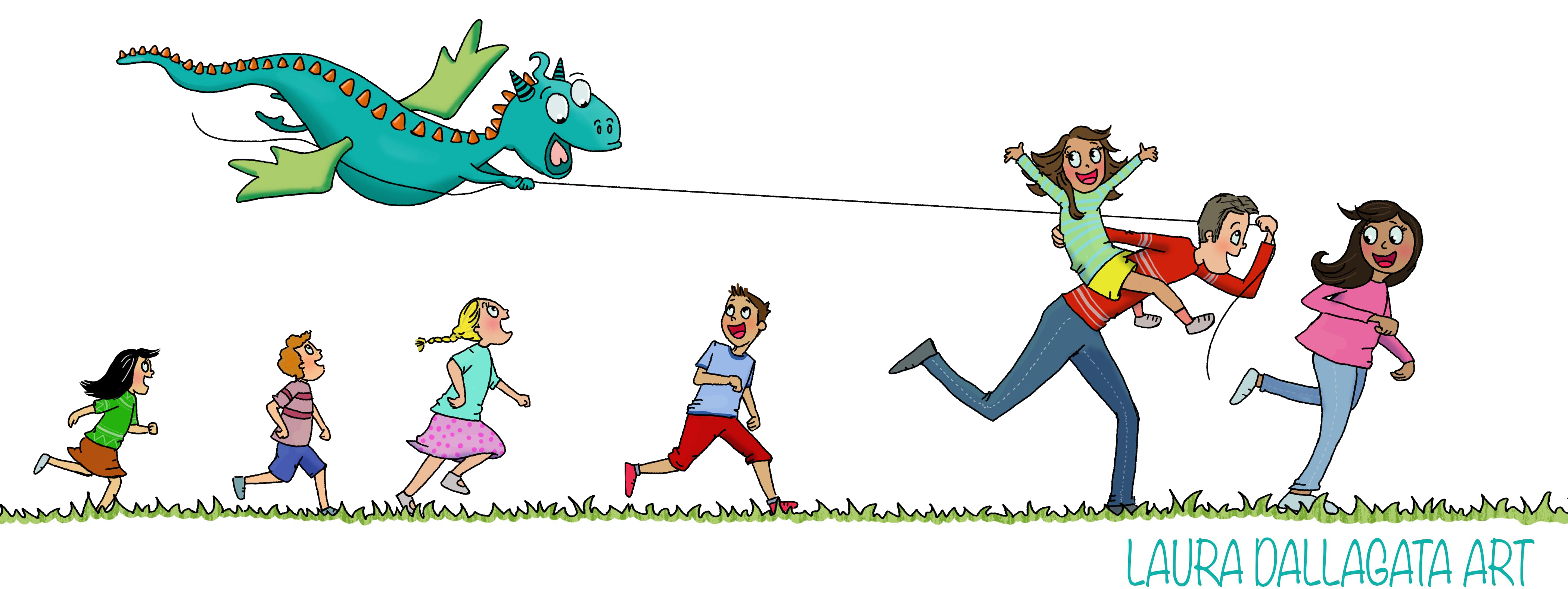What We Want:
We want our children to be kind, empathetic, aware of the needs of others and loving toward their siblings. We also want our children to be able to concentrate on an activity, stand up for themselves, be strong around those who might push them around, and not be a victim.
How do we reinforce these qualities in our children?
Establish a clear ground rule, and enforce it as consistently as you are able.
“If it is on the floor or on the shelf, it is available to play with. If it is in someone’s hands, they are using it, and whoever wants it has to wait until it is available.”
This rule can be reinforced wherever you are. Playdates, playgrounds, at home, at school, with strangers or friends. We are a village, regardless of how well we know those around us. We can support each other in this challenging journey of parenthood without placing judgement on the other child or parent.
We want to teach our child to be generous, empathetic, and aware of other’s needs. How do we do this without just giving the other child the toy?
- When we reinforce this one rule for our child and we are teaching them all of these things.
- They will learn their play and activity has value, as does the play and activity of other children.
- They are letting their sibling play with activities of “theirs”, which is generous.
- They are learning how to be patient.
Environmental ideas for helping siblings practice living in community.
Creating environments that encourage cooperation, respect and community in families:
- Shared toys: Most of the toys and activities are for the whole family. Each child can choose anything that is on the shelf or toy box if it isn’t being used.
- Define a personal activity space. This could be tape on the floor, a bathmat or placemat for each child that s/he can bring the activity where they can work until they are finished (Even if they have to run to go potty, or eat, or etc.) The rug acts like the child’s “hands” S/he is using it if it is on their rug. This keeps the activity confined, limits the number of activities out at one time and gives everyone a clear indication of who is using it.
- Have places that each person in the family can be without interruption. The younger child has a space, and the older child has a space, they can go to for independent play time. This could be a corner of a room, behind a couch, under a table, in a room. Make it a fort and respect the space.
- A note on older siblings: It is very important to respect the older child’s activities and concentration and avoid saying “Give that to the baby, s/he doesn’t know any better” This actually creates a great deal of resentment and sibling rivalry.
- When you as the parent walk into a room and the children are playing tug of war with a toy, and you did not see what happened, Do NOT take sides! As humans, we will side more with one child than the other, even when trying to be fair. Both children will feel this slight. We didn’t see what happened. So, hold the toy in your hands, connecting with both of them. Say” I did not see what happened, I am not going to take sides, I will put this up, you may both choose different activities, and later, I will return this to the shelf ready for the next time.
Strategies when Siblings have extra time together (Like our current situations. )
- Set up different spaces where each child can be alone and concentrate on their own school work.
- Encourage them to take turns guiding the others in an activity. Create plays together, cook together, build structures and make a movie of the story happening in them.
- If this usually ends up with fighting, then model how to follow a child’s lead by doing it yourself. This may need to happen several times before children successfully follow each other’s lead.
- Set up a time each day when each person in the family teaches or shows something they know and love. The learner does what the teacher instructs. Sometimes the parent is the teacher, sometimes the learner, sometimes not involved at all.
- Limit competition between siblings. It may enable the children to get a task done faster today, but it deepens sibling rivalry for the long term.
Amanda Hyer is an education entrepreneur, a Montessori classroom coach and a school administrator with 25 years of experience in Education. She creates strategies, tools, and programs that empower adults to create interactions and environments that encourage children to be curious, compassionate and capable.
